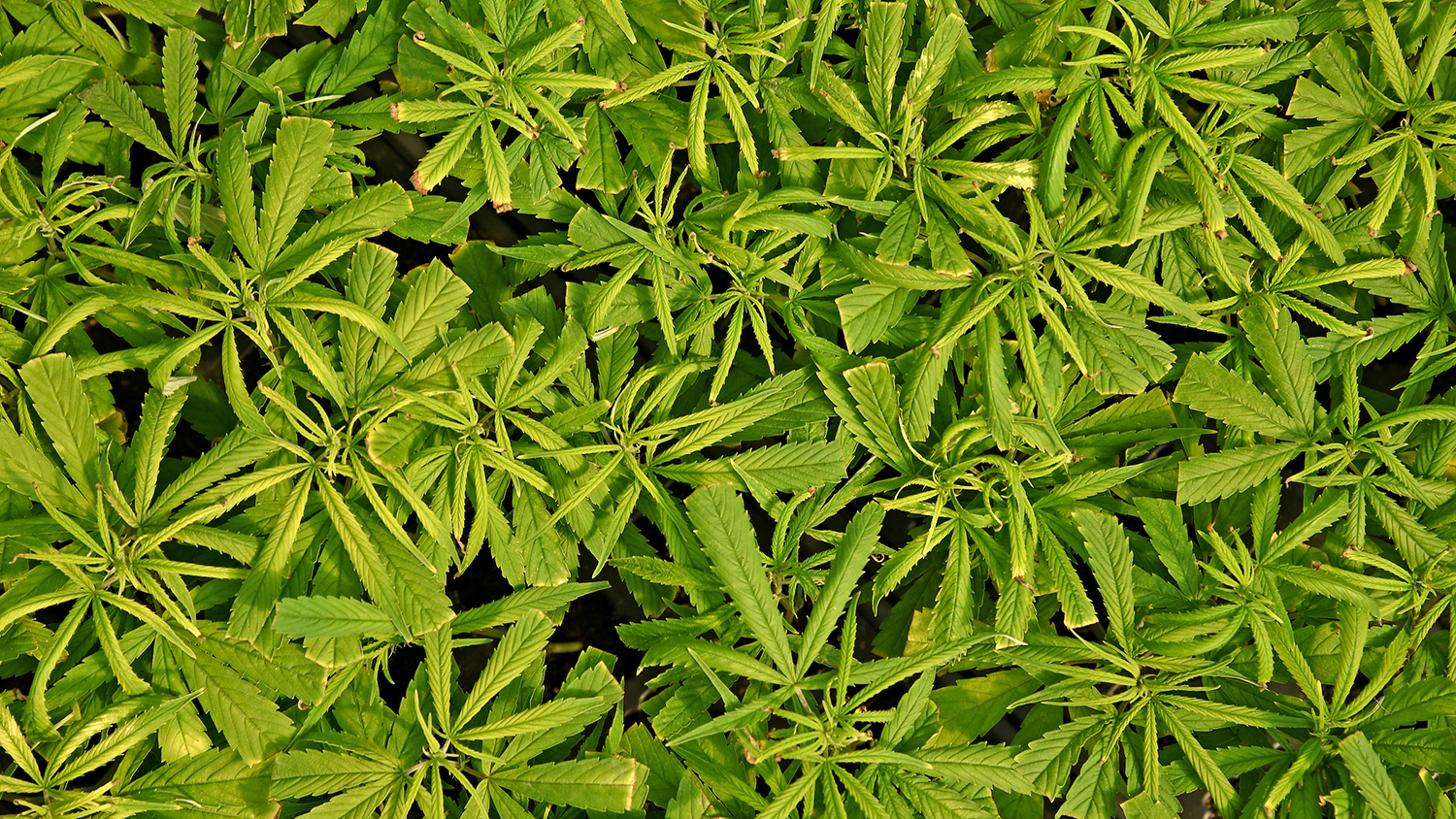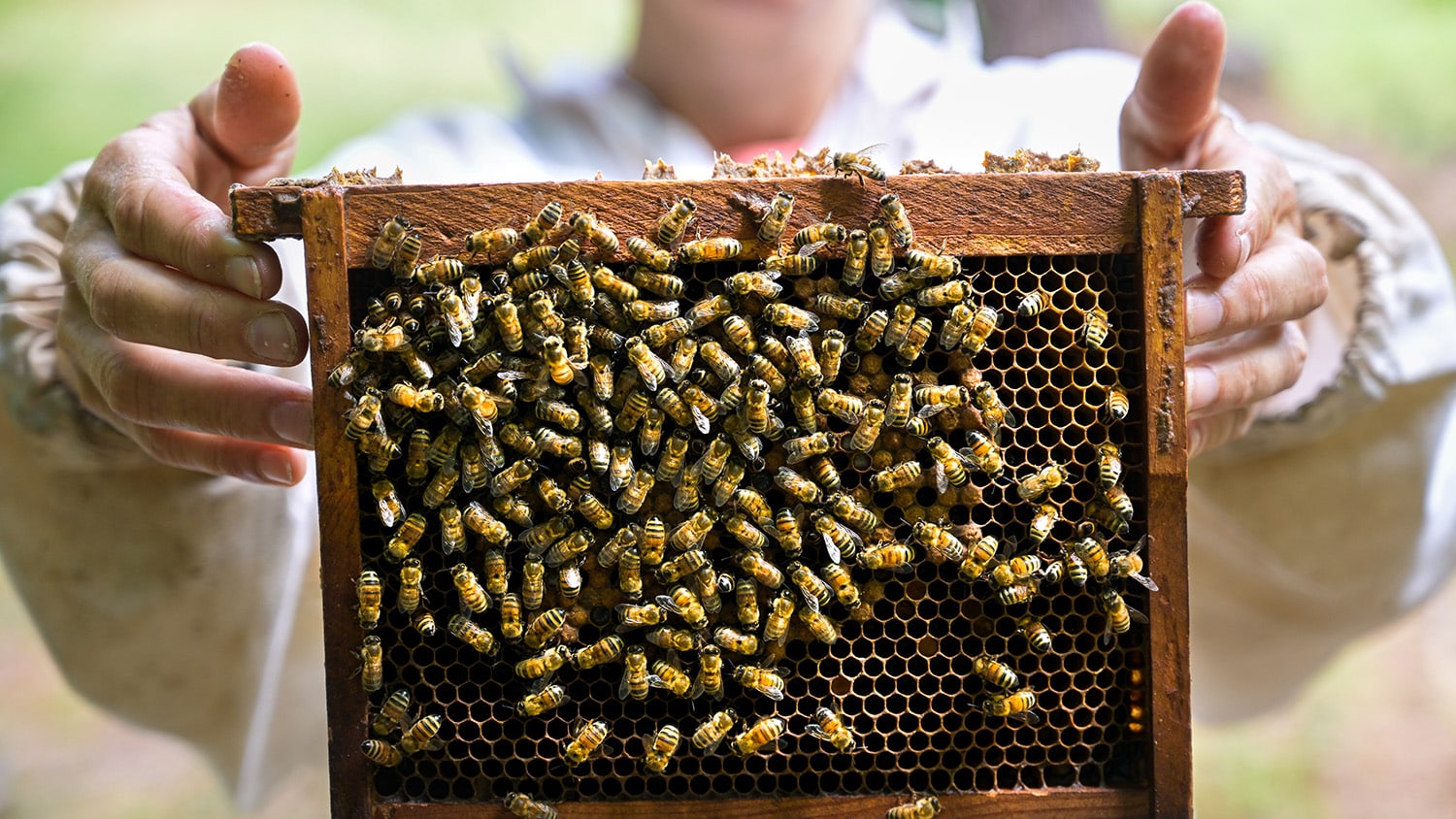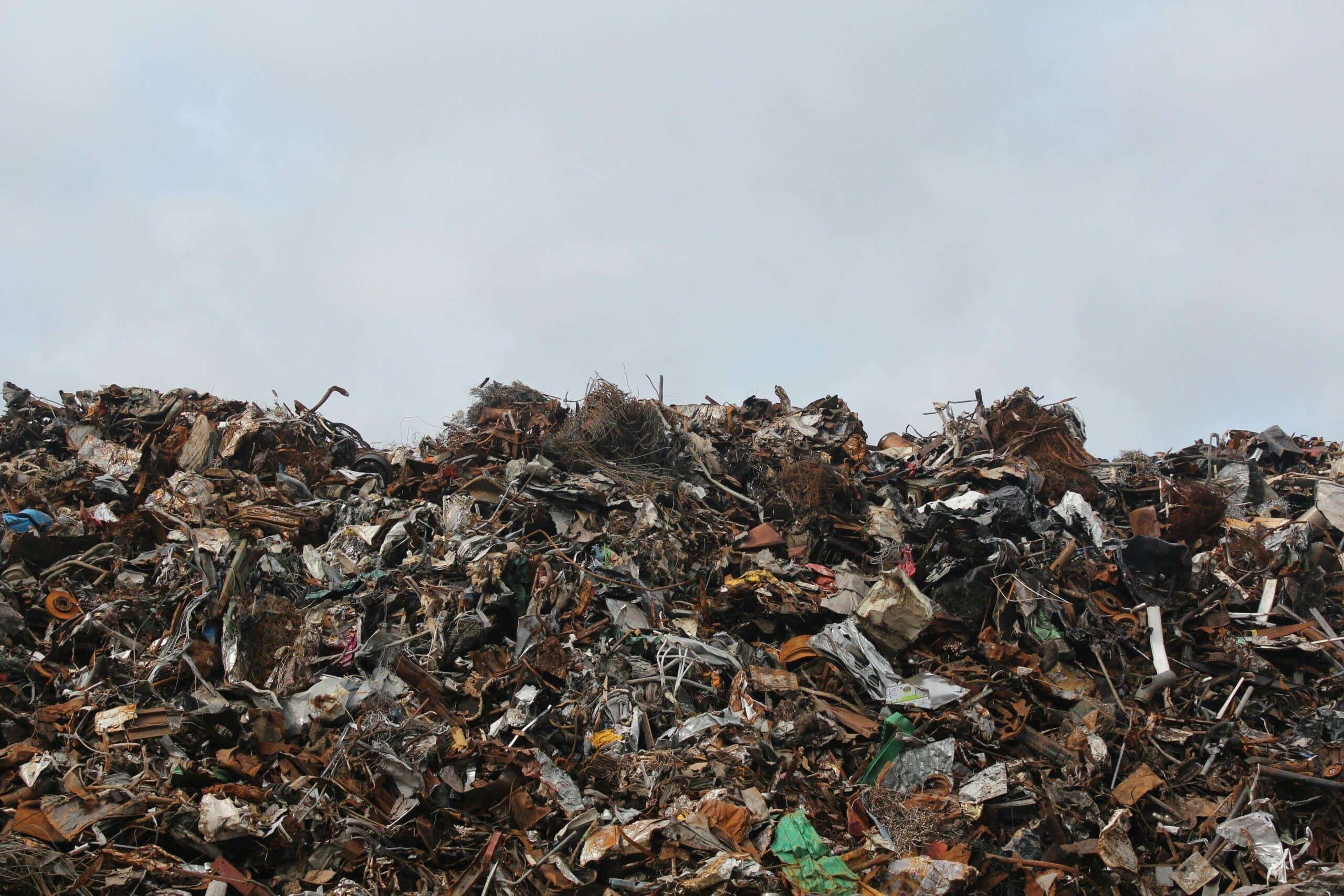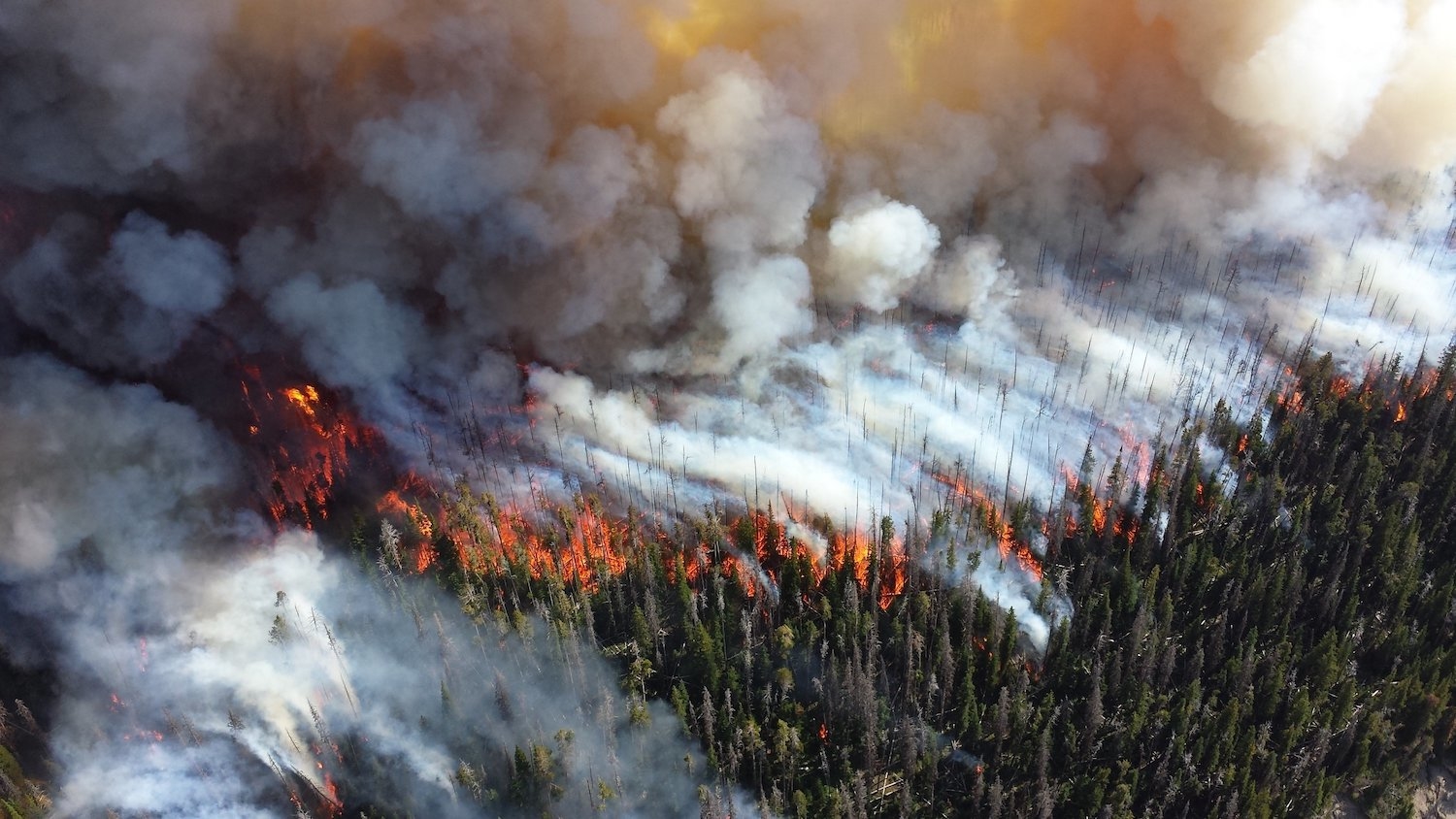Is Hemp The Same Thing As Marijuana?

There’s been a lot of discussion about hemp recently, since the 2018 Farm Bill made it legal for farmers to grow industrial hemp for the first time since the passage of the 1970 Controlled Substances Act (or, practically speaking, since the 1937 Marihuana Tax Act).
There are still quite a few restrictions and regulations associated with growing hemp, but the fact that hemp is now legal – while marijuana is not – has raised a lot of questions.
NC State’s College of Agriculture and Life Sciences, and NC State Extension, are engaged in a variety of research and educational programs related to hemp. That puts us in a position to help answer some of the most common hemp questions.
What’s the difference between hemp and marijuana?
Hemp and marijuana are, taxonomically speaking, the same plant; they are different names for the same genus (Cannabis) and species.
“Hemp and marijuana even look and smell the same,” says Tom Melton, deputy director of NC State Extension. “The difference is that hemp plants contain no more than 0.3 percent (by dry weight) of THC (tetrahydrocannabinol), the psychoactive substance found in marijuana. By comparison, marijuana typically contains 5 to 20 percent THC. You can’t get high on hemp.”
In other words, Cannabis plants with 0.3 percent or less of THC are hemp. Cannabis plants with more than 0.3 percent THC are marijuana.
Is it now legal to grow hemp in North Carolina?
It is legal to grow hemp, but you must be licensed.
In North Carolina, licenses must be approved by the state’s Industrial Hemp Commission, which is affiliated with the N.C. Department of Agriculture & Consumer Services. Licensed growers must abide by stringent regulations, including tests to ensure that the THC levels in any hemp remain at or below the limit of 0.3 percent.
Why is there interest in growing hemp?
In short, the answer is that farmers grow things for which there is a market – and there appears to be a market for industrial hemp.
“Many see industrial hemp as a rapidly growing industry and a way to replace losses in acreage or value in other commodities,” Melton says.
What are some benefits and uses of hemp?
Industrial hemp has many potential uses. Hemp fibers can be used in textiles or industrial processes. Hemp can also be used for grain, and the flowers are often used as a source for cannabidiol, a hemp extract also known as CBD.
“Ninety-five percent of North Carolina hemp crops are grown for their flowers,” Melton says. “CBD is widely acclaimed for use in addressing many aches, pains and mental disorders. However, there is little data supporting many of the claims.”
And the regulatory requirements related to CBD can be confusing.
Is growing hemp for CBD legal?
“Growing hemp for its flowers was already legal, prior to the 2018 Farm Bill, under the 2014 Farm Bill,” Melton says. “The 2014 Farm Bill allowed states to have Industrial Hemp Pilot Research Programs, under which any part of the hemp plant could be produced by a licensed grower.
“Prior to the 2018 Farm Bill, extraction of CBD from the flower would have been considered illegal by the U.S. Drug Enforcement Administration (DEA). The laws pertaining to CBD were, and are, complicated and not mutually agreed upon even by states or cannabis lawyers,” Melton says.
“However, it is clear that, even prior to the 2018 Farm Bill, North Carolina was producing hemp flowers legally by licensed growers. The 2018 Farm Bill effectively moved oversight from the DEA to the U.S. Department of Agriculture for hemp and all its derivatives and extracts. At the same time, the law removed CBD that is produced by licensed growers of industrial hemp from the controlled substance list. The USDA has not developed its program yet – the Farm Bill was only signed in December 2018 – so we are still operating our NC Pilot program and licensing farmers under that.”
According to a Feb. 8 announcement from the N.C. Department of Agriculture & Consumer Services, CBD is considered a drug by the U.S. Food and Drug Administration and cannot legally be added to food or animal feed that is for sale – nor can companies make health claims about products containing CBD.
Note: NC State has a wide array of resources for growers and others with questions about industrial hemp. You can access all of those resources on the Industrial Hemp page of NC State Extension.
- Categories:


